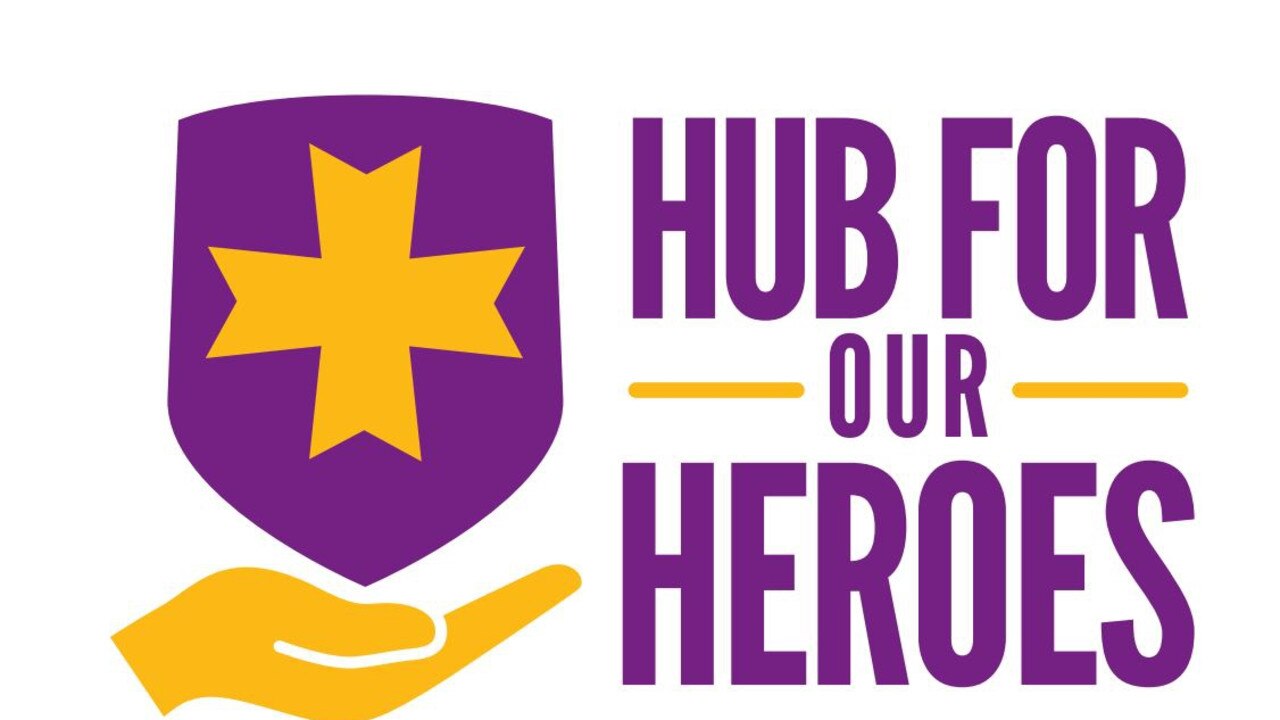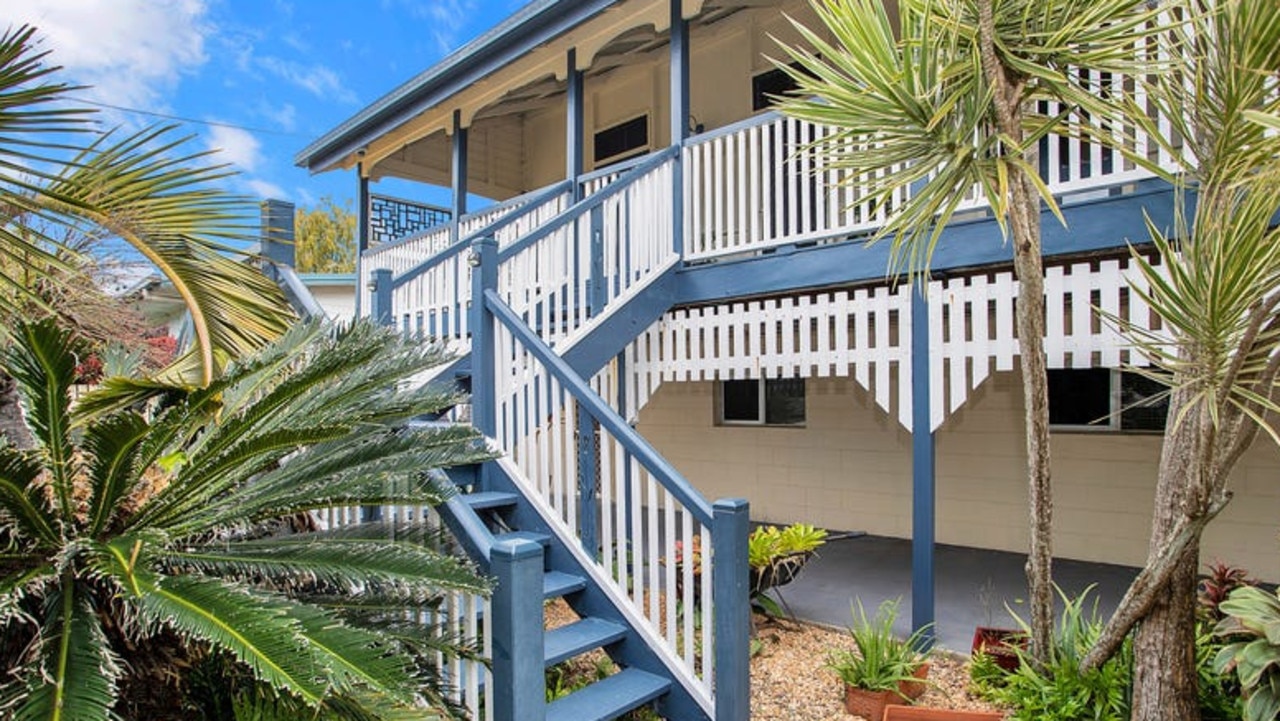‘We didn’t even have PTSD. We used to call it being bomb-happy’
Why a 97-year-old Sarina veteran says the mental strain of modern soldiers is ‘100 times worse’ than his fellow WWII comrades endured

Leonard Lister says modern soldiers face mental battles far worse than he and his comrades who fought in World War II.
The 97-year-old Sarina resident was 19 when he left Australia to serve in New Guinea where he was seriously injured during a mountain patrol for Japanese soldiers.
Mr Lister fell 10m causing his foot to partially detach from his leg, only the muscle and skin holding the two pieces together.
He was medically discharged but despite what he endured, Mr Lister said today's "fellas" copped it worse.
"Our war was a straight-out war," Mr Lister said.
"You didn't have to wonder.
"The other mob … you bloody well either shot them or they shot you.
"It didn't have much mental stuff in it, it was so different to today.
"…(Now) you don't even know the opposition - they can be women, they can be kids, they can be anything.
"The mental strain today is 100 times worse."
The Daily Mercury is today launching the campaign Hub for our Heroes - asking the Mackay region to get behind two projects dedicated to helping our service men and women as well as our first responders.
One project is a social and welfare centre in town on the waterfront, the other a wellness hub at Kinchant Dam.

Mr Lister said a dedicated wellness hub at Kinchant Dam would support modern soldiers who acquired mental trauma and injuries from their service.
He said unlike WWII veterans who leaned on their stay-at-home wives for emotional support, modern soldiers included women and many households now had both partners contributing to the finances.
More Hub for our Hereos stories:
- Hub for our heroes: Plans to find veterans a home in Mackay
- Why Mackay should be home to a revolutionary wellness hub
- 'We didn't even have PTSD. We used to call it being bomb-happy'
- Daily Mercury launches Hub for our Heroes campaign
"In those days we didn't even have PTSD. We used to call it being bomb-happy," Mr Lister said.
"None of our mates got much treatment … it wasn't a known problem."
Brisbane war historian Dr Jack Ford said organisations like the RSL began as an avenue for WWI and WWII veterans to speak about their experiences after being told to just go back to their normal lives without proper counselling.
"But no one ever talked about the dark side … it was always telling funny stories," Dr Ford said.
"That was the position they carried on with their families (too) because they didn't want them to know the hell that they went through."

He said the culture began shifting during WWII as facilities were created to help people with PTSD, or severe shellshock, as it was then known.
"The effects of that combat stress were starting to be recognised particularly in the suicide rate of returning veterans," Dr Ford said.
"That's when they started to go, 'Maybe we should do some counselling'."
But he said PTSD was not identified as a treatable mental illness until post Vietnam War, with many veterans initially dismissed as whingers or fakers.
Five decades on, veterans are still struggling with mental health.
A 2018 Commonwealth report showed one in four who transitioned out of the Australian Defence Force would satisfy PTSD criteria over their lifetime.
And in a 12-month period, more than half of those who had transitioned between four to eight years prior had more than one mental disorder and just over 20 per cent had been suicidal.
NATIONAL 24/7 CRISIS SERVICES
Lifeline: 13 11 14
Suicide Call Back Service: 1300 659 467
Open Arms: 1800 011 046
MensLine Australia: 1300 789 978
beyondblue: 1300 224 636
Kids Helpline: 1800 551 800


